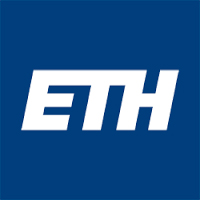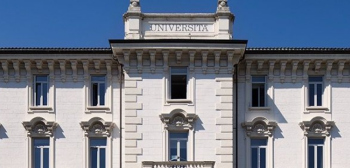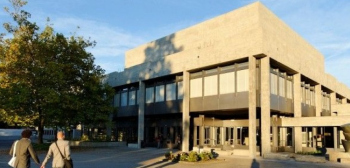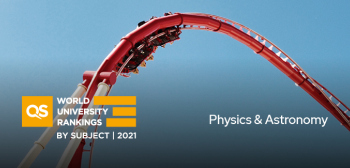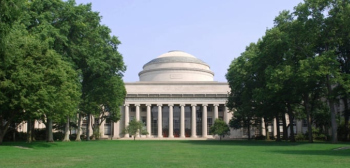苏黎世联邦理工大学(瑞士联邦理工学院)
About
ETH Zurich is one of the world's leading universities in science and technology and is known for its cutting-edge research and innovation. It was established in 1855 as the Swiss Federal Polytechnic School, and a century and a half later the university can count 21 Nobel laureates, 2 Fields Medalists, 2 Pritzker Prize winners, and 1 Turing Award winner as alumni, including the great Albert Einstein himself.
The university, referred to in English as the Swiss Federal Institute of Technology Zurich, has 16 departments that offer academic education and conduct scientific research in subjects ranging from engineering and architecture to chemistry and physics.
Education at ETH Zurich combines solid theory with practical application, and most degree programs build on strong mathematical foundations. For undergraduates the main teaching language is German, while most master's programs and doctoral studies are in English.
Located in Zurich, Switzerland's largest city, ETH Zurich is largely based on a modern main campus built on a hill in the outskirts of the town. Students at ETH have twice as many lectures as those at other Swiss institutions, but can still attend regular exhibitions, plays and concerts, as well as take advantage of the regular symposia and conferences on campus, where some of the best minds in science come to speak.
ETH students like to exercise their bodies as well as their minds, and there are various sports events held on campus, of which the largest is an annual SOLA relay race in 14 sections, taking place over a total distance of 140 kilometers. More than 900 teams have been known to take part at once in the annual spectacle.
Since the 1880s, students have also been able to show off their best moves at the Polyball, a classic ball event featuring a live orchestra and famous national singers, in which 10,000 dancers, music-lovers and partygoers descend on ETH’s extensively decorated main building for what is usually an unforgettable night.
About
ETH Zurich is one of the world's leading universities in science and technology and is known for its cutting-edge research and innovation. It was established in 1855 as the Swiss Federal Polytechnic School, and a century and a half later the university can count 21 Nobel laureates, 2 Fields Medalists, 2 Pritzker Prize winners, and 1 Turing Award winner as alumni, including the great Albert Einstein himself.
The university, referred to in English as the Swiss Federal Institute of Technology Zurich, has 16 departments that offer academic education and conduct scientific research in subjects ranging from engineering and architecture to chemistry and physics.
Education at ETH Zurich combines solid theory with practical application, and most degree programs build on strong mathematical foundations. For undergraduates the main teaching language is German, while most master's programs and doctoral studies are in English.
Located in Zurich, Switzerland's largest city, ETH Zurich is largely based on a modern main campus built on a hill in the outskirts of the town. Students at ETH have twice as many lectures as those at other Swiss institutions, but can still attend regular exhibitions, plays and concerts, as well as take advantage of the regular symposia and conferences on campus, where some of the best minds in science come to speak.
ETH students like to exercise their bodies as well as their minds, and there are various sports events held on campus, of which the largest is an annual SOLA relay race in 14 sections, taking place over a total distance of 140 kilometers. More than 900 teams have been known to take part at once in the annual spectacle.
Since the 1880s, students have also been able to show off their best moves at the Polyball, a classic ball event featuring a live orchestra and famous national singers, in which 10,000 dancers, music-lovers and partygoers descend on ETH’s extensively decorated main building for what is usually an unforgettable night.
University highlights
- 2012#13
- 2014#12
- 2015#12
- 2016#9
- 2017#8
- 2018#10
- 2019#7
- 2020#6
- 2021#6
- 2022#=8
- 2023#9
- 2024#7
- 2025#7
- 2026#7
Campus locations
ETH Zurich - Swiss Federal Institute of Technology,
Raemistrasse 101 , Zürich , Switzerland , 8092
ETH Zurich, Basel,
Mattenstrasse 26 , Basel , Switzerland , 4058
ETH Zurich, Hoenggerberg,
Wolfgang-Pauli-Str. 14 , Zurich , Switzerland , 8093
Similar Universities
Geneva Business School
La Voie-Creuse, 16, Geneva
日内瓦国际大学
ICC, Geneva
提契诺大学
Via G. Buffi 13, Lugano
Sustainability Management School
28 Rue Mauverney, Gland
Swiss Institute for Management and Hospitality (SWISS IM&H)
Kantonsstrasse 85, Weggis

